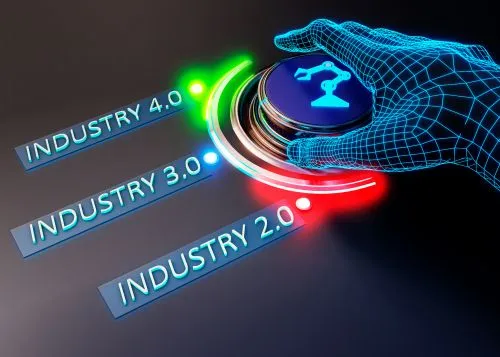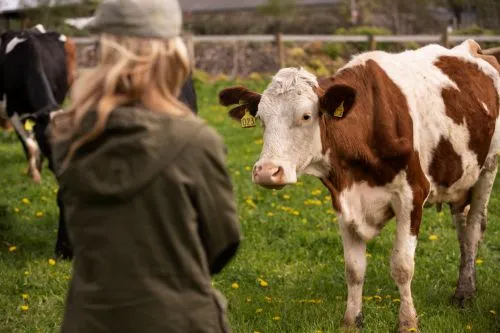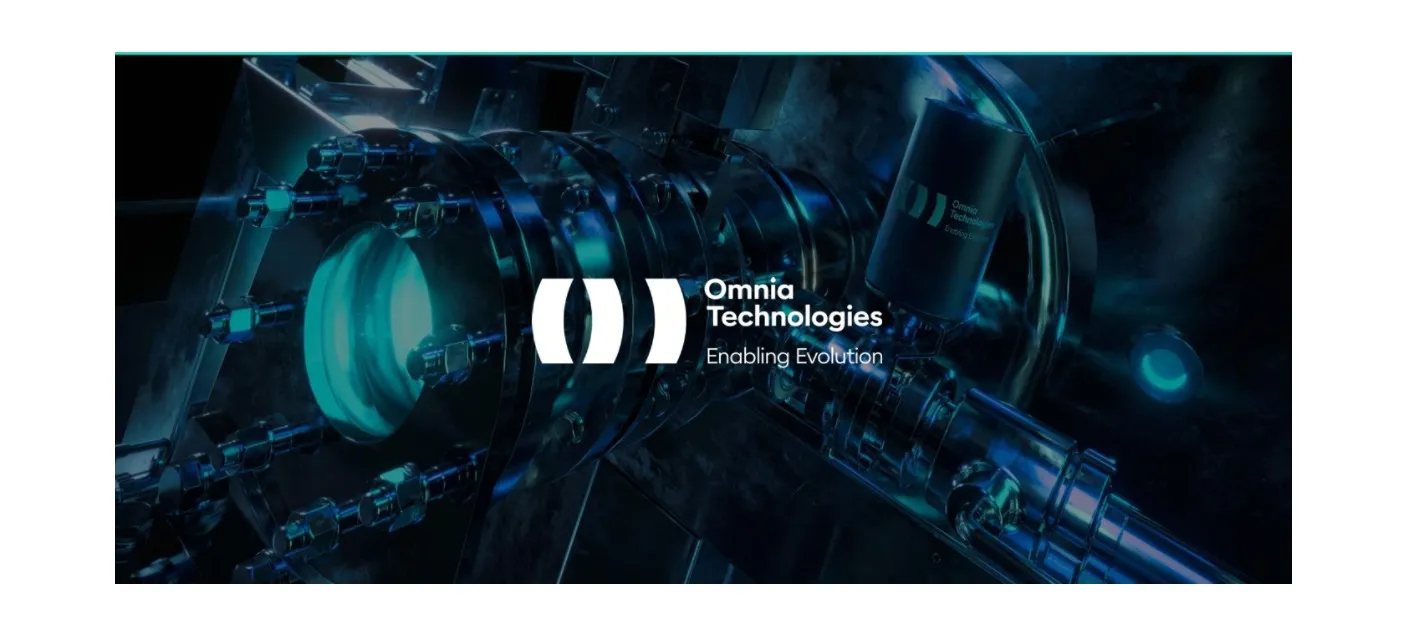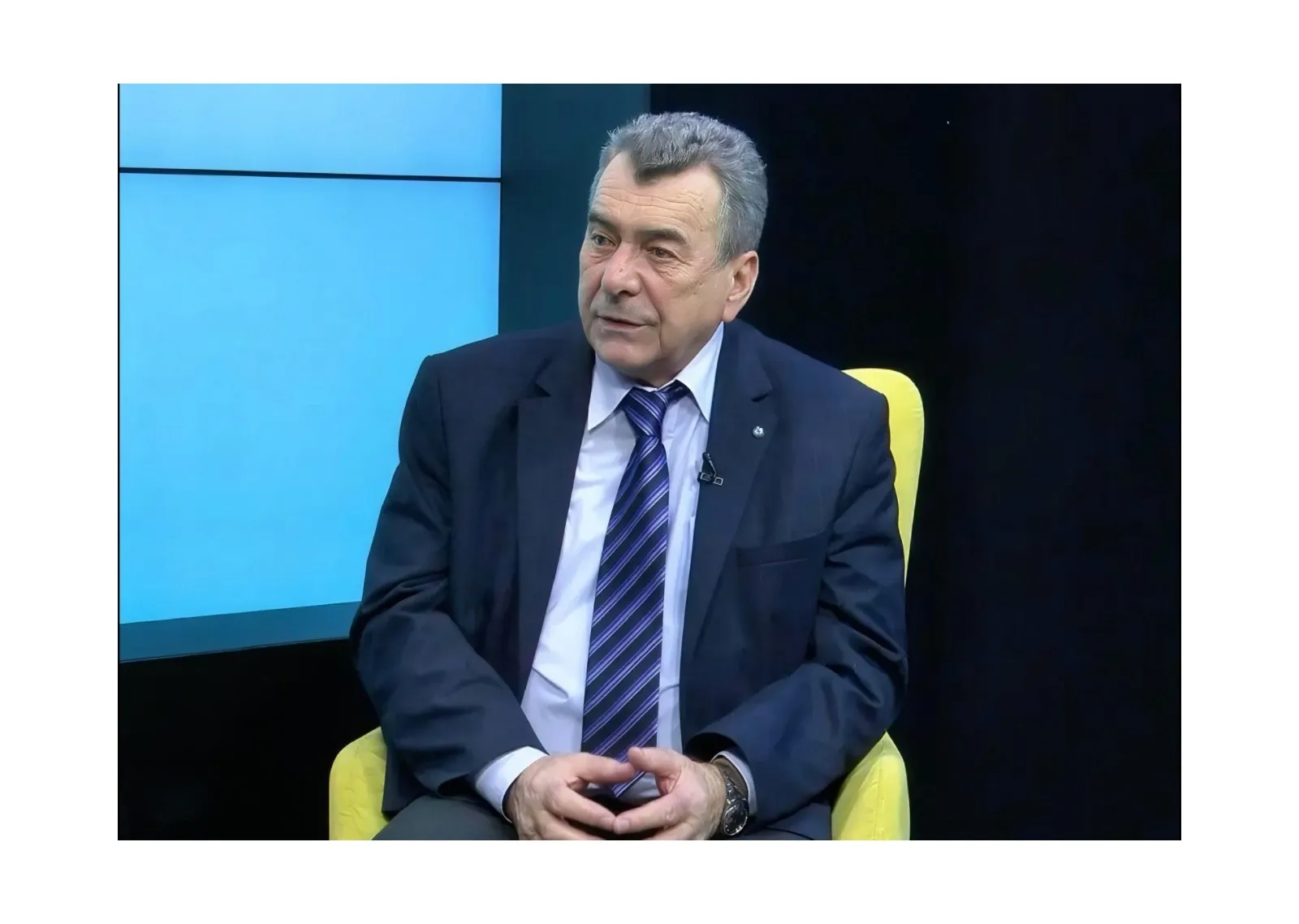1013
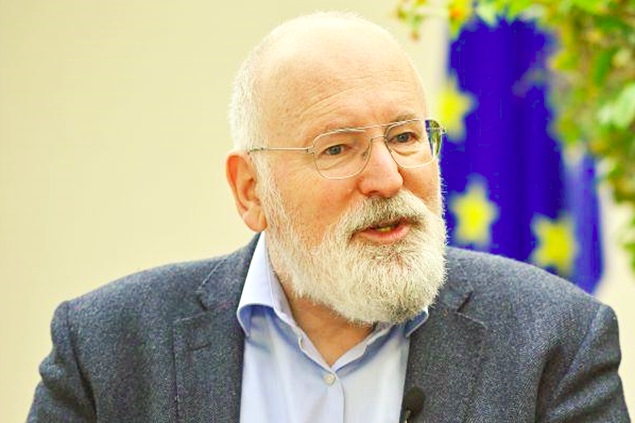
For Vice President Timmermans, the key is to demonstrate that the EU can redirect the Common Agricultural Policy (CAP) budget "in a direction that helps farmers change their ways of thinking and working."
Not more money, but a different approach
The EU budget for agricultural subsidies should not be increased in the next period, despite calls to increase the agricultural fund, said Vice President of the European Commission, Frans Timmermans, in an interview with EURACTIV.
For Vice President Timmermans, the key is to demonstrate that the EU can redirect the CAP budget "in a direction that helps farmers change their ways."
"We should start by asking if the funds we have - 387 billion euros, which is a quite substantial sum - are being spent correctly now? I don't think so," he said.
His comments referred to the EU's Common Agricultural Policy (CAP), one of the largest agricultural subsidy programs in the world, representing about a third of the EU budget.
For the Vice President of the Commission, this question is the starting point for further discussions about the possibility of using other funding structures to complement the CAP.
"But if you only have a discussion about taking care of vested interests first and then see if you can do something else, more and more member states won't be able to follow that reasoning," Timmermans warned.
The current program for 2021-2027 is also expected to support the transition to a more ecological and sustainable future for agriculture, as established in the EU's flagship food policy, the Farm to Fork Strategy.
However, this budget has been stretched in recent months due to increasing inflation, which has risen to over 10% in some EU countries, combined with soaring prices of key input costs such as fertilizers and animal feed, due to Russia's economic growth following the invasion of Ukraine.
Some advocate for funding increases
This has prompted some stakeholders and parliamentarians, including EU Agriculture Commissioner Janusz Wojciechowski, to call for a larger package in the next funding period - an idea firmly rejected by Timmermans, who supported that only a "very limited group of people" is calling for more money in the CAP.
The share of the Common Agricultural Policy (CAP) in the EU budget should be increased in the next seven-year financial program starting in 2028, according to EU Agriculture Commissioner Janusz Wojciechowski, as rising inflation is affecting the EU's agri-food sector.
Highlighting that the reconstruction of Ukraine will swallow up a large part of the EU budget, the Vice President doubted that the idea will gain support from member states.
"Do you really think there will be a huge constituency in member states that will say, 'Let's give more money to agriculture?'" he asked, adding that "there is no member state" advocating for distributing more money for agriculture.
"It might be selfish to ask for it, but I prefer to be more realistic. Even if it's not a popular view to say, look at reality."
"Farmers vs. Nature"
Asked how to bring farmers into his vision and break the "farmers vs. nature" dichotomy in the current narrative, Timmermans, who leads the European Green Deal works, was hopeful.
"I think that as soon as you meet with farmers - not with [the EU farmers' association] COPA-COGECA, which does not always truly represent all farmers - but if you can reach the farmers, you will see that they are reasonable, rational, and they know they cannot continue as things are now," he said.
For Timmermans, the key is to demonstrate that the EU can redirect the CAP budget "in a direction that helps farmers change their ways."
"And many farmers want to change their ways, so this is a conversation we need to have."
Transition can be faster
Asked whether the current institutional structure is up to the task of negotiating the next CAP reform within the EU's sustainable objectives, the Vice President said that while silo thinking in the Commission has not disappeared, it is "becoming less and less."
"If I see how [services for] environment, climate, health, and agriculture now work together, it's completely different from 10 years ago and even quite different from four years ago. So, we are heading in the right direction," he said.
However, Timmermans acknowledged that progress could be made faster. "And I hope that the next President of the Commission, whether it's von der Leyen or someone else, will have a plan to be able to lead the restructuring a little further."
"There is still work to be done. But especially the young people coming into structures are thinking very much in terms of a holistic approach to nature and agriculture. So, for the future, I'm quite optimistic," he said, adding that he believes in "evolution, not revolution."
